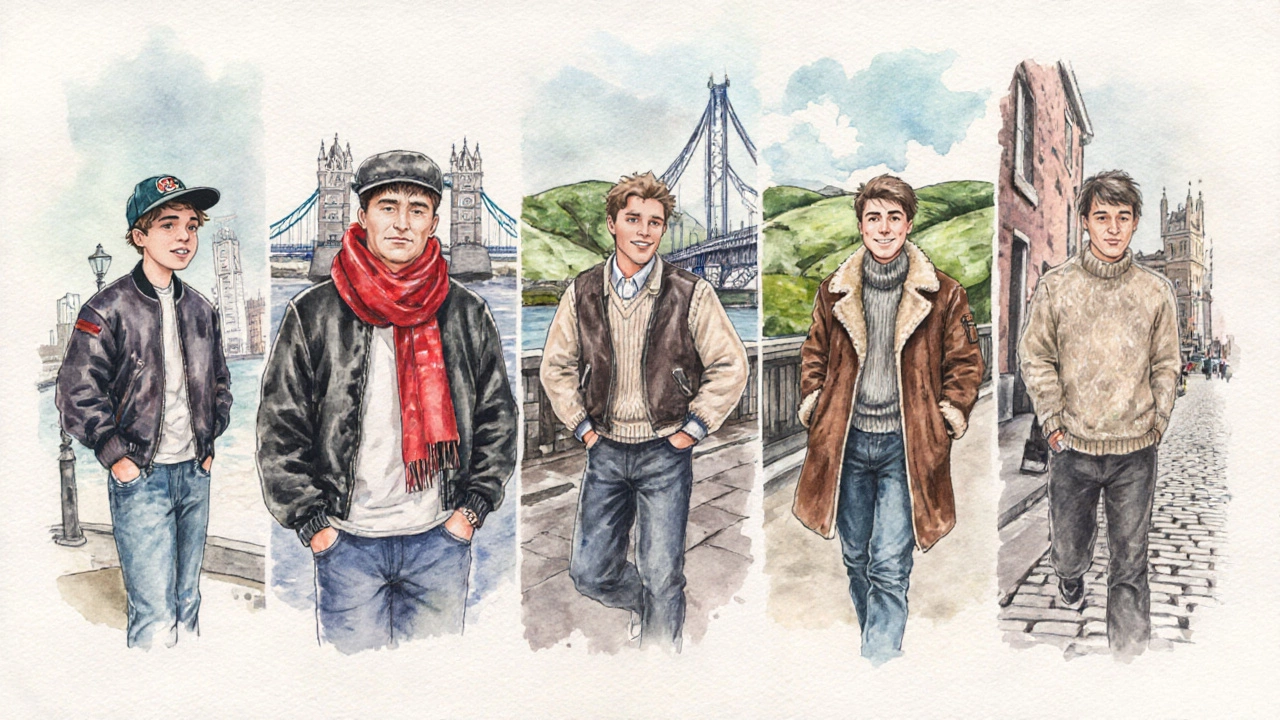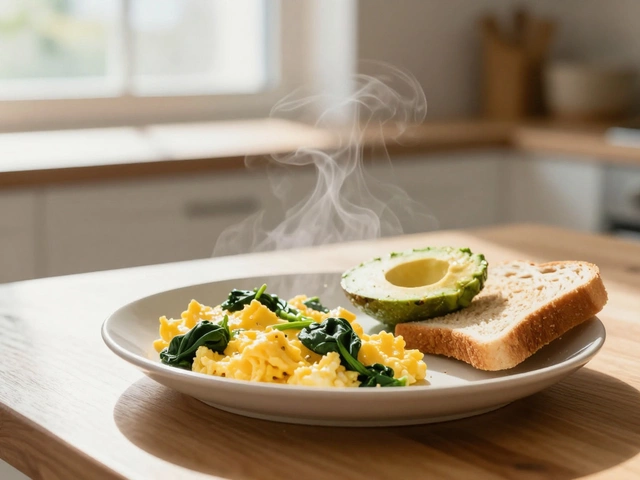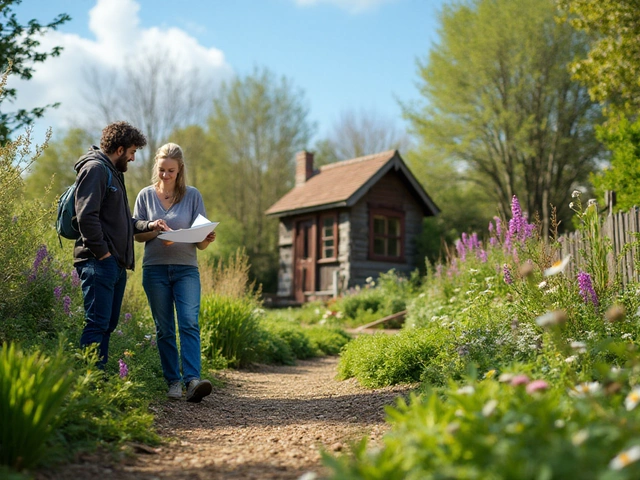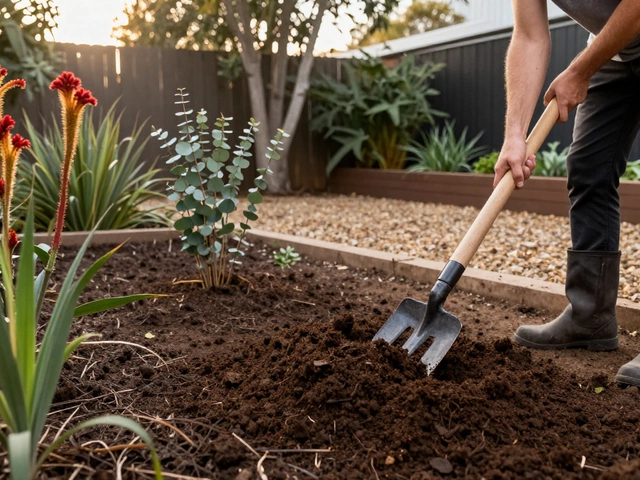When you stroll into a London café or hop on a train in Manchester, the first thing you’ll hear isn’t a formal "Good morning" but a lively mix of local colour. UK slang for greeting someone at sunrise can tell you a lot about where a person grew up and how relaxed they feel. Below you’ll find the most popular morning greetings, the regions that love them, and tips on when to drop them without sounding odd.
What counts as British morning slang?
British morning slang is a collection of informal phrases used across the United Kingdom to replace the standard "good morning". It ranges from cheeky nicknames to single‑word greetings that capture the local vibe. Unlike the polished "good morning" you might hear on a TV broadcast, these phrases are rooted in regional dialects and everyday conversation.
Regional variations
Brits are proud of their regional accents, and the same is true for their greetings. Below is a quick tour of the most common morning slang, grouped by area.
- Cockney (East London): "Morning, mate!" or simply "Mornin'!"
- Scouse (Liverpool): "Morning, la!" - "la" is a friendly suffix meaning "friend".
- Geordie (Newcastle): "Alreet, man!" - "Alreet" works like "all right" and can double as a greeting.
- Yorkshire dialect (Yorkshire): "Ey up!" - a quick way to say "hello" that works at any hour, but locals love using it in the morning.
- Northern Irish (Belfast): "Morning, lad!" or "Morning, lass!" - gender‑specific but affectionate.
- London slang (Greater London, non‑Cockney): "What’s the craic?" - borrowed from Irish, used just as a casual "how are you?" in the morning.
- British English (General): "Alright?" - often heard at dawn in offices and pubs across the country.
Quick cheat sheet
| Slang phrase | Region | Literal meaning | Example |
|---|---|---|---|
| Mornin'! | London (Cockney) | Shortened "morning" | "Mornin'! Grab a cuppa?" |
| Morning, la! | Liverpool (Scouse) | Friendly address | "Morning, la! Ready for the match?" |
| Alreet, man! | Newcastle (Geordie) | "All right, friend" | "Alreet, man! How's the gig?" |
| Ey up! | Yorkshire | "Hey up" (pay attention) | "Ey up! Fancy a walk?" |
| Morning, lad/lass! | Northern Ireland | Gender‑specific hello | "Morning, lad! Did you sleep well?" |
| What’s the craic? | Greater London | "What's the fun/news?" | "What’s the craic? Anything exciting today?" |
| Alright? | Across Britain | "Are you okay?" | "Alright? Ready for the meeting?" |

When to use these greetings
Knowing the phrase is only half the battle. Context decides whether a greeting lands as friendly or forced.
- Casual settings: Use the local slang when you’re with friends, bar staff, or shopkeepers you’ve chatted with before.
- Professional environments: Stick to "Good morning" or a polite "Morning" in offices, unless you know the team culture is relaxed enough for "Alright?".
- Tourist interactions: A simple "Morning" works everywhere. If you feel comfortable, add a regional touch - locals often appreciate the effort.
- Age considerations: Younger crowds love the snappier slang. Older generations might prefer the full "Good morning".
Common pitfalls and how to avoid them
Even native speakers slip up. Here are the most frequent mistakes and quick fixes.
- Mixing regions: Saying "Ey up!" in Liverpool can sound out‑of‑place. Keep the phrase matched to the area you’re visiting.
- Over‑using nicknames: "La" in Scouse is friendly, but dropping it too often with strangers may feel overly familiar.
- Pronunciation matters: Cockney drops the "g" in "morning" - say "Mornin'" with a short vowel. A crisp, fully‑pronounced "morning" can sound formal.
- Ignoring tone: A cheerful tone turns "Mornin'!" into a warm welcome; a flat tone can make it sound abrupt.

How British slang fits into everyday culture
Morning greetings are a micro‑snapshot of the larger British culture. They reveal regional pride, class nuances, and the “keep it casual” mindset that defines many aspects of daily life, from pub chats to office banter. Learning a few local phrases shows respect for regional identity and can open doors to more authentic conversations.
Practice makes perfect
Next time you’re on a bus heading into the city, try a simple "Mornin'!" If you’re in Manchester, a friendly "Alright?" will get a nod. Remember, the goal isn’t perfect grammar - it’s genuine connection.
Frequently Asked Questions
Is "Mornin'" only used in London?
"Mornin'" is most common in London’s Cockney circles, but you’ll also hear it in other urban areas where the accent has softened. In the north, people tend to stick with "Morning" or regional variants like "Ey up".
Can I use "Ey up!" anywhere in the UK?
It’s safest in Yorkshire and surrounding counties. Using it in the south may confuse listeners, as they might think you’re joking or trying too hard.
What does "What’s the craic?" really mean?
Originally Irish, it asks "What’s the news?" or "What’s happening?" In London it’s become a casual way to say "How are you?" early in the day.
Is "Morning, la" appropriate for formal settings?
Reserve it for informal chats. In a business meeting, stick to "Good morning" or a polite "Morning".
Do these slang phrases change over time?
Yes. Younger generations blend online memes with regional speech, so you’ll hear new twists like "Mornin', fam" in some city areas. Traditional phrases, however, stay pretty steady.










